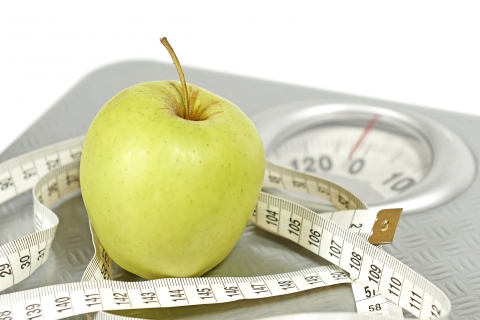
At Weight Zen, we understand that bariatric surgery is a huge step toward a healthier future. While the journey you embark on is lifelong, we help you by ensuring that you’re moving in the right direction toward a better path. To ensure success, we always go over the side effects and challenges New York patients will experience after their bariatric surgery. After your surgery, as you adjust to your new diet, there may be specific dietary needs that you aren’t meeting for one reason or another. With that in mind, we’re going to discuss nutritional deficiencies after bariatric surgery and how you can avoid them.
Why Do Nutritional Deficiencies Occur After Bariatric Surgery?
In some weight loss surgeries, such as the Duodenal Switch or Gastric Bypass, patients lose weight through a combination of malabsorptive weight loss (limiting your caloric absorption during the digestive process) and restrictive weight loss (limiting your caloric consumption). In the case of malabsorptive weight loss, the food you eat may not be fully digested, leaving you unable to receive of the vitamins and minerals from your meal. This, coupled with changes in your diet, can result in some severe nutritional deficiencies that can lead to diminished or poor health.
Be Mindful Of These Deficiencies
There are a few nutritional deficiencies of which you should be mindful after your bariatric surgery. The most serious ones include:
- Calcium: Comprising 2 percent of the entire human body, calcium is essential for healthy bones, teeth, proper muscle contractions, nerve function, and blood clotting.
- Vitamin D: Not only does Vitamin D help with the absorption of important minerals such as zinc, calcium, and magnesium, it also helps with the regulation of insulin and proper immune function.
- Iron: Your body needs iron to produce myloglobin (in muscle tissue) and hemoglobin (in red blood cells), which helps carry oxygen in your blood.
- Copper: Not only is copper essential for proper growth and development, it’s also vital for the maintenance of several organs, including your heart, brain, connective tissue, and bones.
- Zinc: Essential for ensuring that your immune system works properly, zinc is also imperative for cellular growth and cellular division.
- Vitamin B12: This vitamin is essential for the production of both DNA and RNA, red blood cells, and improving how iron functions in the body.
- Vitamin B9 (Folic Acid/Folate): This vitamin helps vitamin b12 produce red blood cells, is important to brain health, and can contribute to an overall improved emotional wellness and mental health.
Working Around Deficiencies
We recommend taking dietary supplements on a regular basis to avoid serious nutritional deficiencies. You’ll be able to directly address shortcomings in your diet by taking vitamin supplements, allowing you to lead a healthier lifestyle. Dr. Rosen and nutritionist Megan Wolf will work with you to tailor a supplement program specifically to your needs. This will be assessed during your consultation and planning phases of your bariatric surgery.
Are you ready to take control of your life? Call Weight Zen today and schedule a consultation with our bariatric surgeon and nutritionist . We’ll address your needs and discuss the best option for you.




